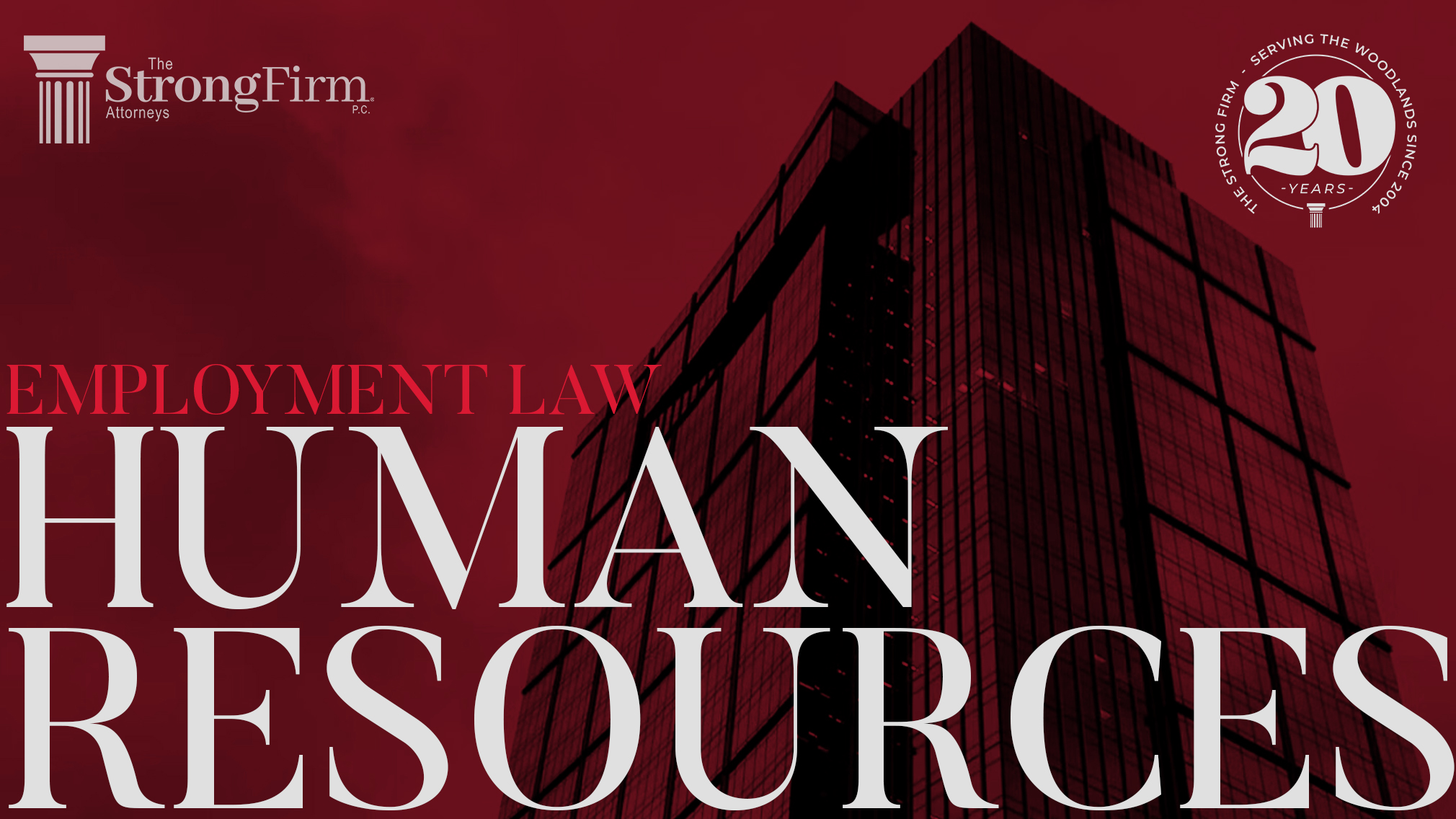When most people think of estate planning they typically think wills, trusts and death. However, the actuality is that one of the major focuses of good estate planning is for incapacity during a client’s lifetime. I take a very educational approach to my consultations and I am always pleased when we reach the end of a planning meeting and I hear one of my clients say they truly understand what documents we are drafting for them and why. Below are a few documents that are beneficial before a client’s death.
Powers of Attorney (Medical and Financial)
A power of attorney is an instrument by which one person (the principal) grants to another (the agent) the power to perform certain acts on his or her behalf. Two types of powers of attorney are common in the estate planning field, namely the power of attorney for health care and the durable power of attorney.
The power of attorney for health care grants the agent the power to make health care decisions for the principal if he or she is unable to make them. The agent may exercise his or her authority only if the principal’s attending physician certifies the principal lacks the capacity to make health care decisions. The principal can revoke the power of attorney at any time, orally or in writing, and regardless of the principal’s mental state. I think the main benefits of this document is that a client can choose the person they feel would make the decision they would in that situation and also the minimization of conflict between family members who have different opinions.
The second type in this category is a durable power of attorney. This instrument grants authority to a designated agent to manage the principal’s property on his or her behalf. The principal can grant one or more specific powers or grant the agent all of the powers listed in the statutory form. In addition, the principal can elect to have the power of attorney effective immediately upon signing it or only upon the principal’s future incapacity. This document is absolutely indispensible, especially to a married couple with community property that cannot be disposed of without both party’s competent participation.
Directive to Physicians (Living Will)
The Advance Directives Act took effect on September 1, 1999 and replaced three prior laws (the Texas Natural Death Act from 1977, the Texas Medical Power of Attorney Act from 1989, and the Out of Hospital Do-Not-Resuscitate Act from 1993). Essentially by signing a directive to physicians, a competent adult can instruct his or her physician to withhold or withdraw artificial life-sustaining procedures in the event of a terminal condition. Not every person chooses to have a Directive and by law no physician, health facility, health care provider, insurer, or health care service plan may require someone to sign a directive.
The directive takes effect only after two physicians determine that the patient is either: (a) terminally ill and the patient’s attending physician determines that death is imminent or will result in a relatively short time without application of artificial life-sustaining procedures or (b) the patient is suffering from an irreversible condition such that the patient cannot care for himself/herself or make decisions for himself/herself and that death will result without application of artificial life-sustaining procedures.
If a client desires their life not be artificially prolonged in these situations, then this is a very reassuring document and it may also be desirable to provide your primary care physician with a copy of the directive. Failure to sign a directive can result in difficulties for family members in carrying out these types of wishes with respect to terminating artificial life-sustaining procedures.
Everyone feels differently about the details of these situations. However, regardless of these differences, it is imperative that an estate plan be as comprehensive as possible and include these and other types of documents that can help during your lifetime. It is also very important that your estate planning attorney be willing to spend the time with you necessary for complete understanding of what these documents can do for you and your family.




























